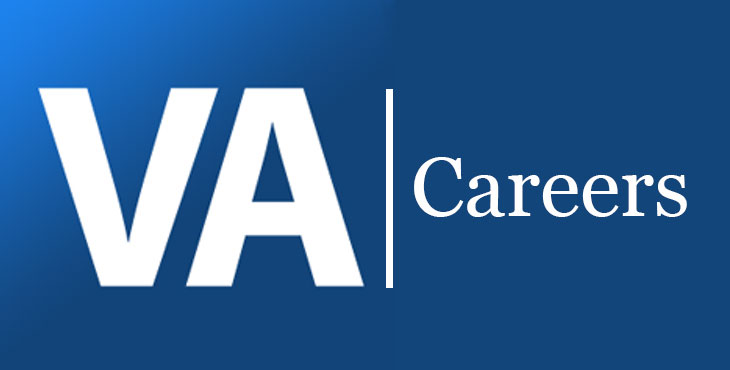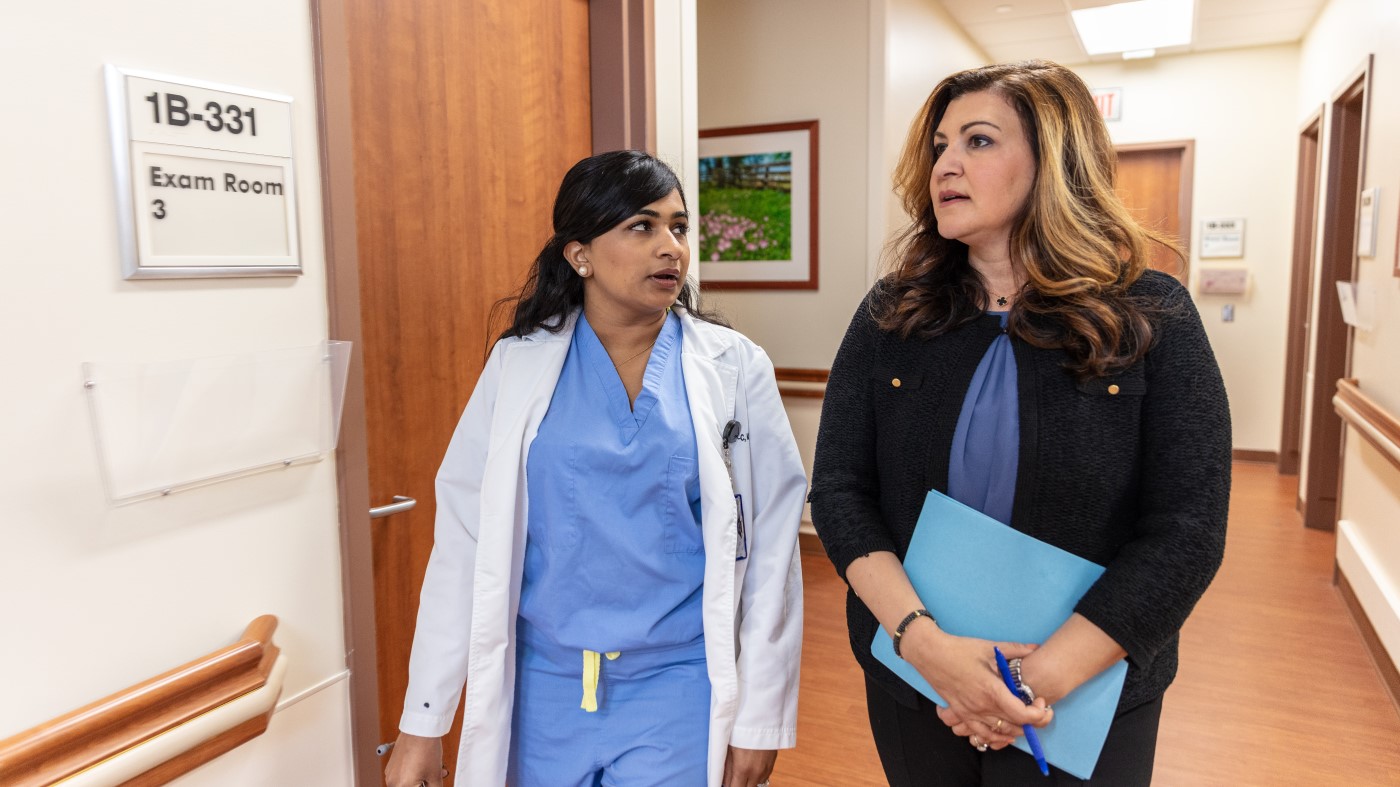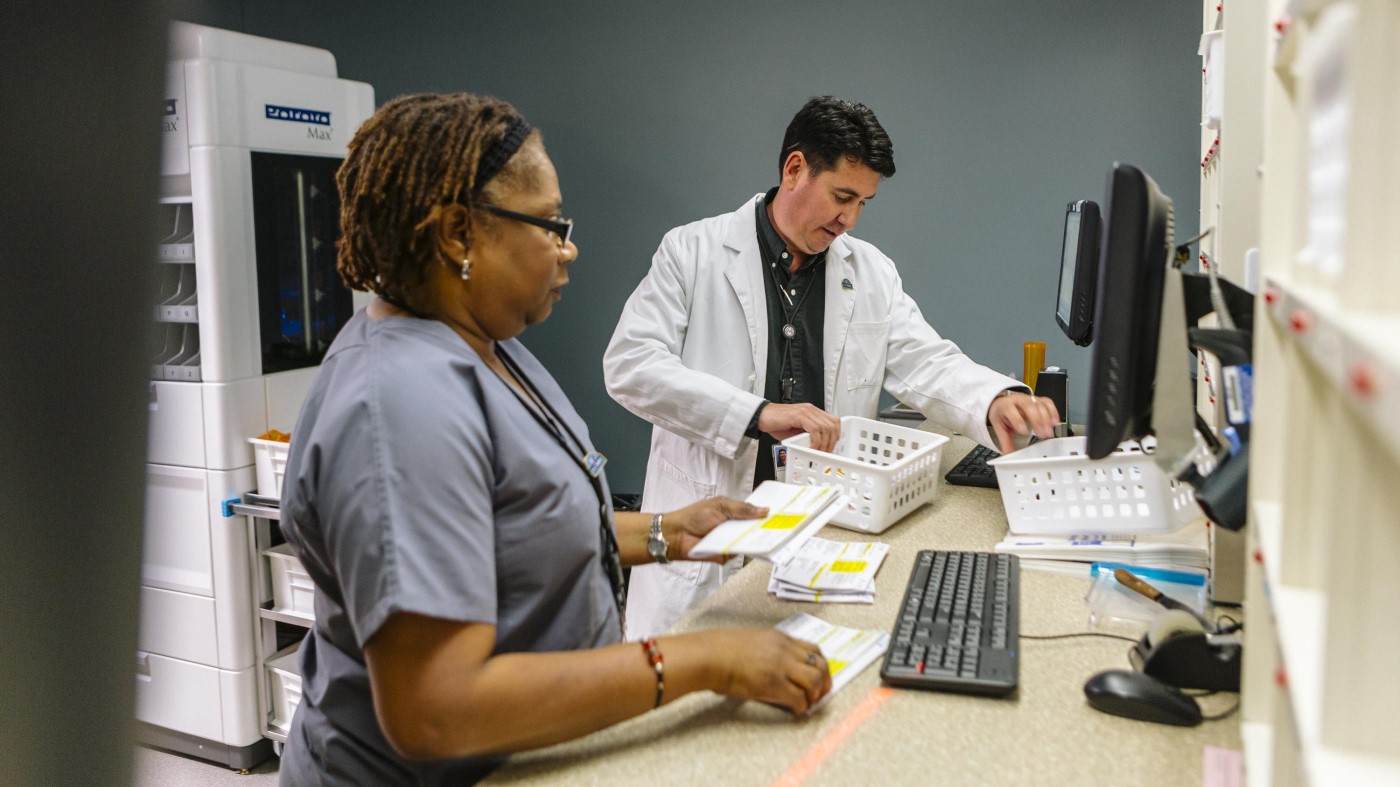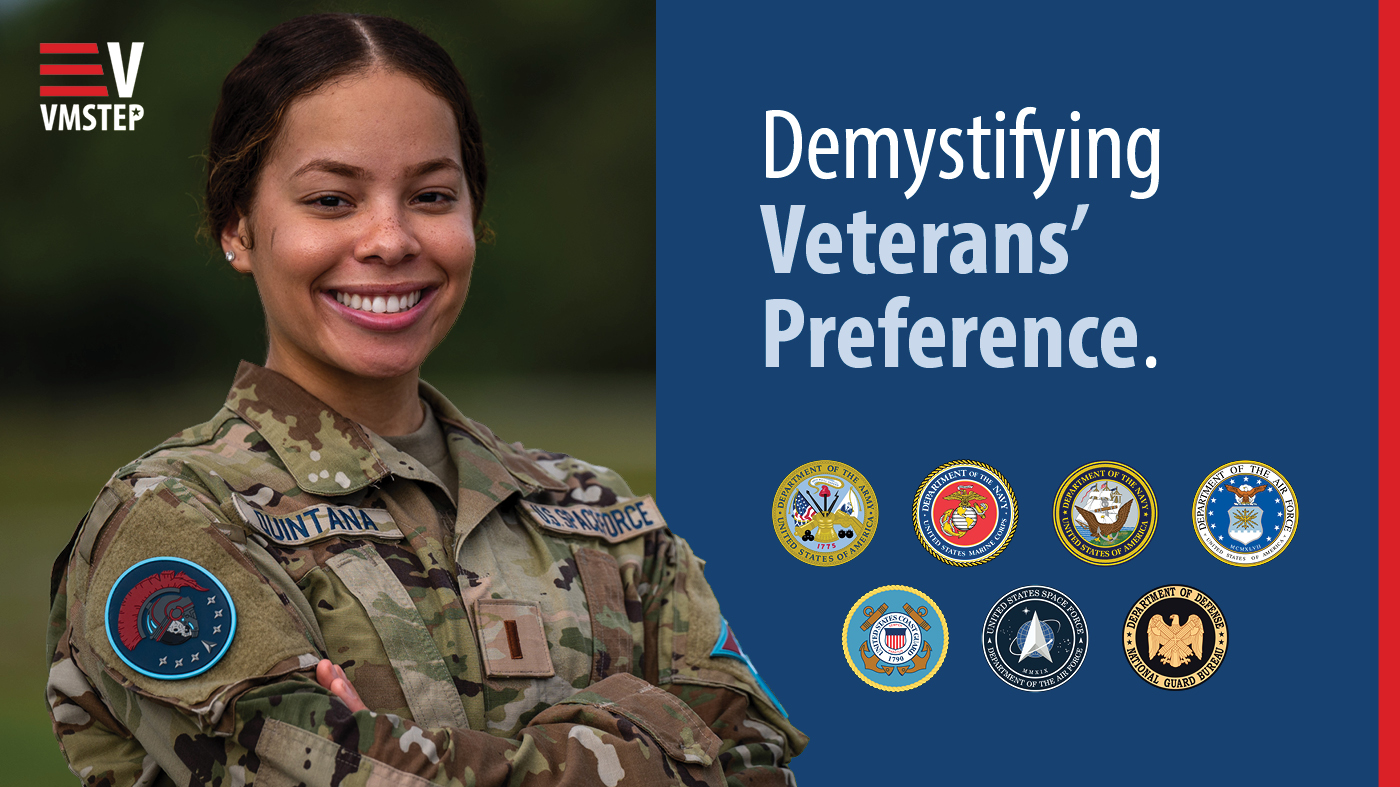When Megan started her graduate social work internship at VA, HUD-VASH was a fairly new, collaborative program between HUD and VA to provide housing and supportive services to the most vulnerable Veterans experiencing homelessness. Megan completed rotations in many areas of social work, but upon graduation in 2010, eagerly accepted a position as a senior social worker in the HUDVASH program in Columbus, Ohio.
For Megan, the program is special because of its scale and the long-term nature of the work. She explains this by acknowledging how the work she does locally fits into the greater success of the program, and what that looks like in much larger cities like New York and LA.
“You get to work on a micro level, but there’s also a focus on the macro. I know that we’ve placed 300 Veterans here in Columbus, but it’s part of a much larger number. When I look at it that way, I feel like my work is making a 
Megan explains that for a social worker in the HUD-VASH program, no day looks quite the same. Veterans are often housed all over the city, and it is her responsibility as the social worker to check on her Veterans in the places where they feel most comfortable. Appointments often take place in the community or inside the Veterans’ home, where the social worker can make an accurate assessment of how they are progressing.
For Megan, the challenge of serving patients outside of a traditional clinical setting is balanced by the rewards of seeing chronically homeless Veterans thrive in the program. Despite that, she knows that it takes time for people to change. The Veterans in her caseload are often dealing with pressures and issues that make overcoming homelessness a greater challenge than simply finding housing.
Over the years, she has seen Veterans – “my Veterans,” she calls them – conquer substance abuse issues, regain custody of their children, find meaningful jobs, and start earning enough money to graduate from the program entirely.
“That’s why I love this job so much. You’re able to see these life changing things happen,” says Megan. And while she takes pride in her work, she is quick to point out, “The successes are theirs, we’re just helping them.”
Megan notes that she was attracted to a career at VA because of the benefits and competitive salary. What she found, though, was an organization that supported her career growth and made her a more effective caregiver to her patients. As an intern, she experienced a community of mentorship among her supervisors and peers that has lasted through her career. She also notes that the resources available to Veterans are vast, and things like Primary Aligned Care Teams and electronic medical records make it much easier to do a difficult job.
In the end, it is all worth it for Megan. “I’m honored to serve individuals who have served our country. It’s my way of giving back.”
Thank you for your dedication to our Nation’s Veterans, Megan.
If you have a Master’s degree in Social Work and an interest in serving Veterans, e-mail your CV and desired location to VACareers@va.gov.
Learn more at VACareers.va.gov, or search for HUD-VASH Social Worker opportunities near you.
Topics in this story
More Stories
In addition to supporting women Veterans, gynecologists can flip the script and find a better life/work balance at VA.
Working at the top of your license, and taking charge of the care you provide, is just one of the ways VA is unique for pharmacists.
Veterans preference offers a competitive edge in federal hiring. Discover how it works and how VA supports Veterans' career goals through VMSTEP.







Wouuld like to have a better job for once